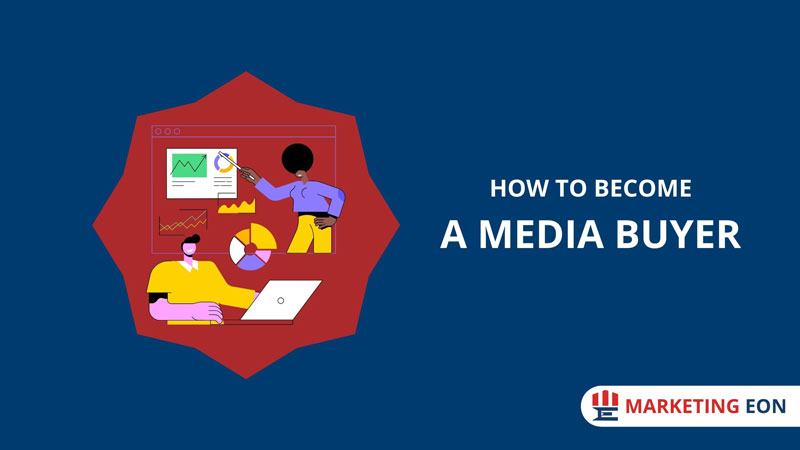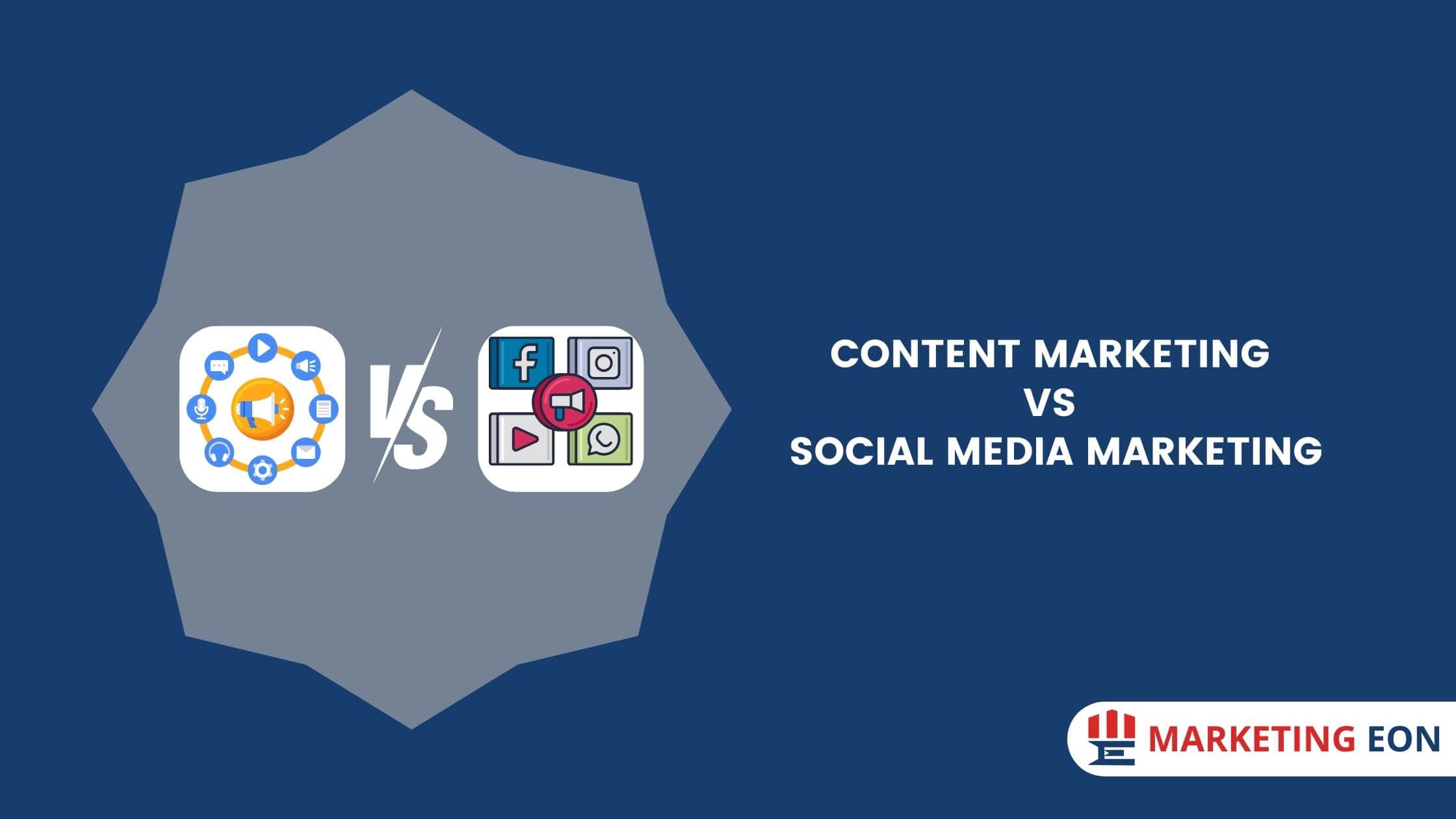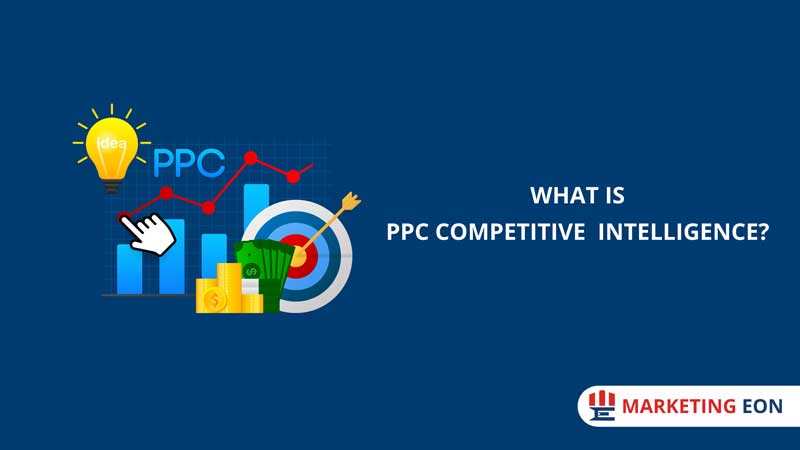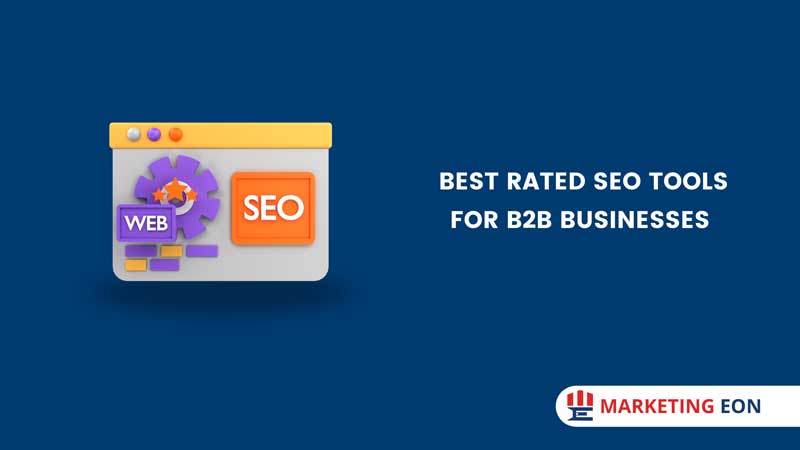If you are looking for the answer to “How to Become a Media Buyer” and want to start your career, this article is for you.
The role of media buyers has become increasingly crucial in this digital business era. This is a very demandable career where you must be responsible for negotiating and purchasing advertising space across various media platforms to help businesses effectively reach their target audience.
If you’re intrigued by the world of media buying and aspire to pursue it as a career, you’ve come to the right place. We will share a step-by-step guide so that you can understand everything required to become a proficient media buyer.
Who is a Media Buyer?
A media buyer refers to a professional responsible for acquiring advertising space and time on different media platforms aiming to reach a target audience effectively. They tend to work closely with clients, advertising agencies, and media representatives to negotiate and purchase ad placements that align with the client’s objectives and budget.
Media buyers analyze market trends, audience demographics, and campaign performance data to optimize advertising strategies for maximum impact and return on investment.
Their role involves strategic planning, negotiation, and ongoing monitoring to ensure ads are placed in the proper media channels to reach the desired audience efficiently. Overall, media buyers play a crucial role in the advertising industry by facilitating the placement of ads across traditional and digital media platforms to help businesses achieve their marketing goals.

How to Become a Media Buyer
Step 1: Understand the Role
First of all, it is wise to learn the fundamental responsibilities of a media buyer. Media buyers are tasked with identifying target audiences, negotiating ad placements, analyzing data, and optimizing campaigns to ensure maximum return on investment (ROI).
Step 2: Acquire Relevant Education
While there’s no strict educational requirement to become a media buyer. Generally having a bachelor’s degree in marketing, advertising, communications, or a related field can be helpful to to provide you with a solid foundation. Courses covering media planning, consumer behaviour, digital marketing, and data analysis can be particularly beneficial.
Step 3: Gain Practical Experience
Internships and entry-level positions at advertising agencies, media companies, or marketing firms can provide valuable hands-on experience in media buying. Look for opportunities that allow you to work alongside seasoned professionals and get involved in the day-to-day tasks of planning and executing media campaigns.
Step 4: Develop Analytical Skills
A significant aspect of media buying involves analyzing data to assess the performance of advertising campaigns. Familiarize yourself with tools and platforms for tracking key metrics such as impressions, CTC ( click-through rates), conversions, etc., because you need to use them regularly.. Proficiency in data analysis will assist you in creating proper plans, making informed decisions, and optimising campaigns for better results.
Step 5: Stay Updated on Industry TrendsHow to Become a Media Buyer
The world of media constantly evolves, with new technologies, platforms, and consumer behaviours emerging regularly. By attending conferences, workshops, and online courses, you will do better if you stay abreast of industry trends, innovations, and best practices. There is no doubt that networking with professionals and building rapport with people in the field can also help you to grow in your career.
Step 6: Hone Negotiation Skills
Negotiation is critical to media buying, as buyers strive to secure the best deals for their clients. Practice negotiating with media representatives to leverage your buying power and maximize client value. Practical negotiation skills can lead to cost savings and enhanced campaign performance.
Step 7: Develop Relationships
Building solid relationships with media vendors, clients, and colleagues is essential for success in media buying. Cultivate a network of contacts within the industry and demonstrate professionalism, integrity, and reliability in your interactions. Strong relationships can lead to better opportunities, collaboration, and referrals.
Step 8: Pursue Certification (Optional)
While optional, obtaining certification from professional organizations such as the Digital Marketing Institute can demonstrate your expertise and commitment to the field. Certification programs often cover media planning, buying strategies, and industry regulations.
Step 9: Showcase Your Skills
Create a portfolio showcasing your media buying projects, campaign strategies, and results. Highlight your achievements, analytical prowess, and ability to drive client ROI. A well-crafted portfolio can impress potential employers or clients and differentiate you from other candidates.
Step 10: Seek Employment or Freelance Opportunities
Once you feel confident in your skills and experience, explore job opportunities at advertising agencies, media companies, marketing firms, or brands with in-house advertising teams. Alternatively, consider freelancing or starting your media buying agency to work with clients directly.
Conclusion
Successful media buyers require education, practical experience, analytical skills, and industry knowledge. After reading our “How to Become a Media Buyer” guide, you should get enough knowledge to direct yourself correctly. By following these steps and remaining dedicated to continuous learning and improvement, you can embark on a rewarding career in media buying and contribute to the success of advertising campaigns across various platforms. So, dive in, learn, and embrace the dynamic world of media buying!
You may also read: What is an Active Buyer Vs a Passive Buyer?






